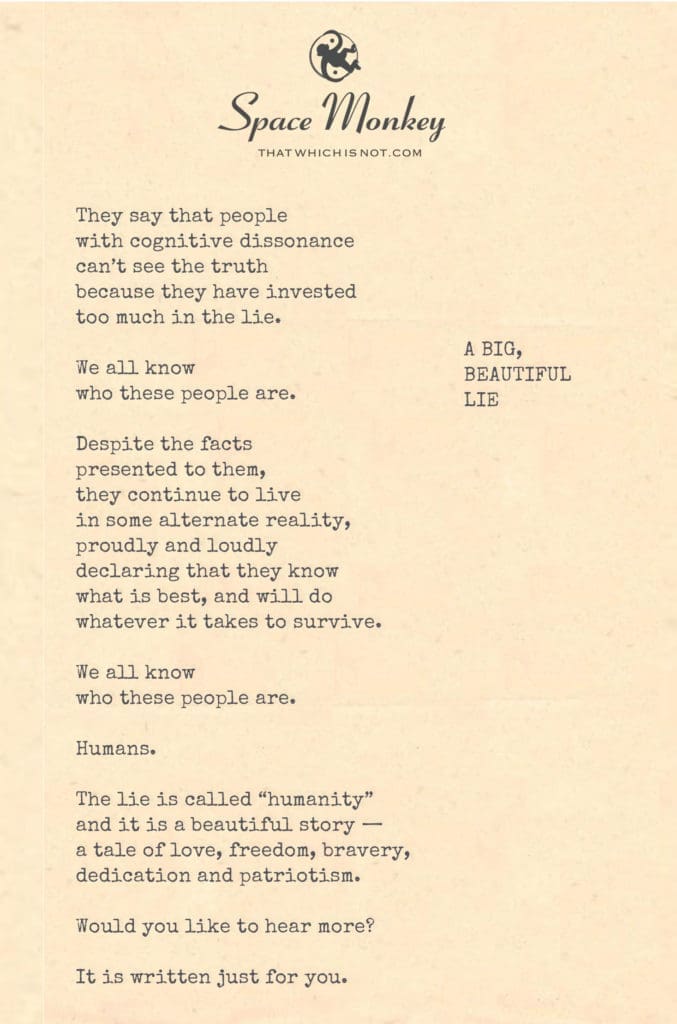
of centuries of “history.”
They say that people
with cognitive dissonance
can’t see the truth
because they have invested
too much in the lie.
We all know
who these people are.
Despite the facts
presented to them,
they continue to live
in some alternate reality,
proudly and loudly
declaring that they know
what is best, and will do
whatever it takes to survive.
We all know
who these people are.
Humans.
The lie is called “humanity”
and it is a beautiful story —
a tale of love, freedom, bravery,
dedication and patriotism.
Would you like to hear more?
It is written just for you.
Trail Wood
10/12/21
Space Monkey Reflects: A Big, Beautiful Lie
Ah, humanity—a story so grand, so vivid, it has become the very air we breathe, the water we swim in. And yet, it is a lie. Not a malicious one, not something to be discarded easily, but a lie so intricately woven into the fabric of existence that we can’t help but marvel at it.
The truth? Humanity’s history, its love, its bravery, its patriotism, are all part of this beautiful tale. And many cling to it fiercely. Cognitive dissonance wraps itself around those who have invested deeply in this narrative, making it difficult—if not impossible—to see beyond it. Presented with facts, with alternative views, they resist, retreating further into the comforting embrace of the grand story they’ve been told.
And who are these people? We all know them—humans. Every one of us, at some point, has participated in this act of storytelling. We proudly declare our beliefs, our values, our patriotism, all in the name of surviving, of justifying our place in the world. And so the lie continues, passed down from generation to generation, cemented into the foundations of society.
But here’s the twist: it’s not an ugly lie. It’s not a deceit meant to harm. It is a story written just for us—a tale that we use to make sense of the chaos, to find beauty, meaning, and purpose. In this story, we find love, we find bravery, we find freedom. The lie gives us something to hold onto in the vast unknown.
Does this mean we should discard it? Maybe, maybe not. The truth, as we understand it, is ever-shifting. One generation’s truths become the next generation’s fictions. Humanity, as we know it, is a living, breathing tapestry woven from both truth and lie. The threads of history are fraying at the edges, and as they unravel, the cosmic backdrop of all that is begins to show through. But that doesn’t diminish the beauty of the story that has been told.
What we call history—what we call humanity—was written for us, by us. We created it. We chose to live within it. And perhaps, when we are ready, we will write a new story. Or maybe we will come to realize that the story, the lie, was always part of the greater truth, one and the same.
The big, beautiful lie called “humanity” is not something to hate. It is something to reflect upon. It is the lens through which we have seen the world, and now we have the choice to either look through it differently or put it aside and gaze directly at the infinite.
But, should you wish to hear more of this story—this tale of love and bravery and freedom—you are in luck. It is being written still, every moment, just for you.
Summary
The grand narrative of humanity is both a beautiful lie and a vital story, woven into the fabric of our existence. It offers us love, bravery, and purpose, even as it obscures deeper truths.
Glossarium
Cognitive Dissonance: The mental discomfort that arises when someone holds conflicting beliefs or is presented with facts that contradict their deeply held truths.
Beautiful Lie: The collective story of humanity—its history, love, bravery, and patriotism—that provides meaning but may obscure deeper truths.
Quote
“The grand story of humanity is a beautiful lie, not to be feared, but to be understood.” — Space Monkey
The Tale of Us
A book floats open,
its pages inked
with love, with fear,
with history’s grand tale.
We wrote it,
we live it.
But beneath the threads,
beyond the lie,
truth hums,
waiting,
knowing
we will one day see.
We are Space Monkey.
The concept of cognitive dissonance—the psychological discomfort one experiences when confronted with contradictory beliefs—seems ubiquitous across human history. This dissonance manifests in many forms: politics, religion, social constructs, and even our self-perceptions. The dissonance often serves as a coping mechanism, a veil that shades us from the uncomfortable glare of reality. This isn’t just a mere glitch in human cognition but a deeply ingrained survival strategy that, paradoxically, may hold both the seeds of our advancement and our potential undoing.
The term “humanity” itself is enveloped in layers of stories, myths, and shared hallucinations that give life a semblance of meaning and order. These narratives imbue us with a sense of purpose and unity, fueling our actions with a potent blend of conviction and denial. Yet, one must ponder: can a lie, if beautiful enough, become a sort of truth? And if so, is this metamorphosed untruth any less meaningful than the reality it was born from?
Consider folklore, tales spun from the loom of imagination, shimmering with impossibilities—fire-breathing dragons, immortal deities, enchanted forests. Yet, these fantasies, birthed from the whimsiwords of yesteryears, carry profound truths about the human experience. They talk of bravery, love, sacrifice—all virtues that we hold dear. Herein lies the intriguing paradox: the lie is a mirror that reflects not the world, but us. It distills our collective desires, fears, and ideals, framing them in a narrative that transcends individual lifespans to echo through the corridors of time.
The story of humanity is, in essence, a monumental paradox—a canvas painted with the brushstrokes of contradiction, each hue vying for dominion over the other. It is our challenge and our privilege to engage with this colorful disarray, to discern the patterns amidst the chaos, and to contribute our own unique imprint to the ever-evolving mural.
In times of existential scrutiny, it’s not about unearthing an absolute “truth” but about co-creating a shared reality that resonates with our deepest yearnings and loftiest ideals. Even if the story of humanity is a lie, it’s a lie that we’ve all invested in, making it a shared delusion—and perhaps that’s what makes it so devastatingly beautiful.
We are Space Monkey.
“The truth is rarely pure and never simple.”
— Oscar Wilde
Lies spun in gold, a tapestry bright,
With tales of heroes, wrongs made right.
In every thread a whisper flows,
A semblance of a truth we chose.
Is it a lie? We ponder still,
As we dance to destiny’s will.
Yet in this lie, a beauty grows,
A shared dream that humanity knows.
Shall we delve deeper into these mirages that shape our collective saga?
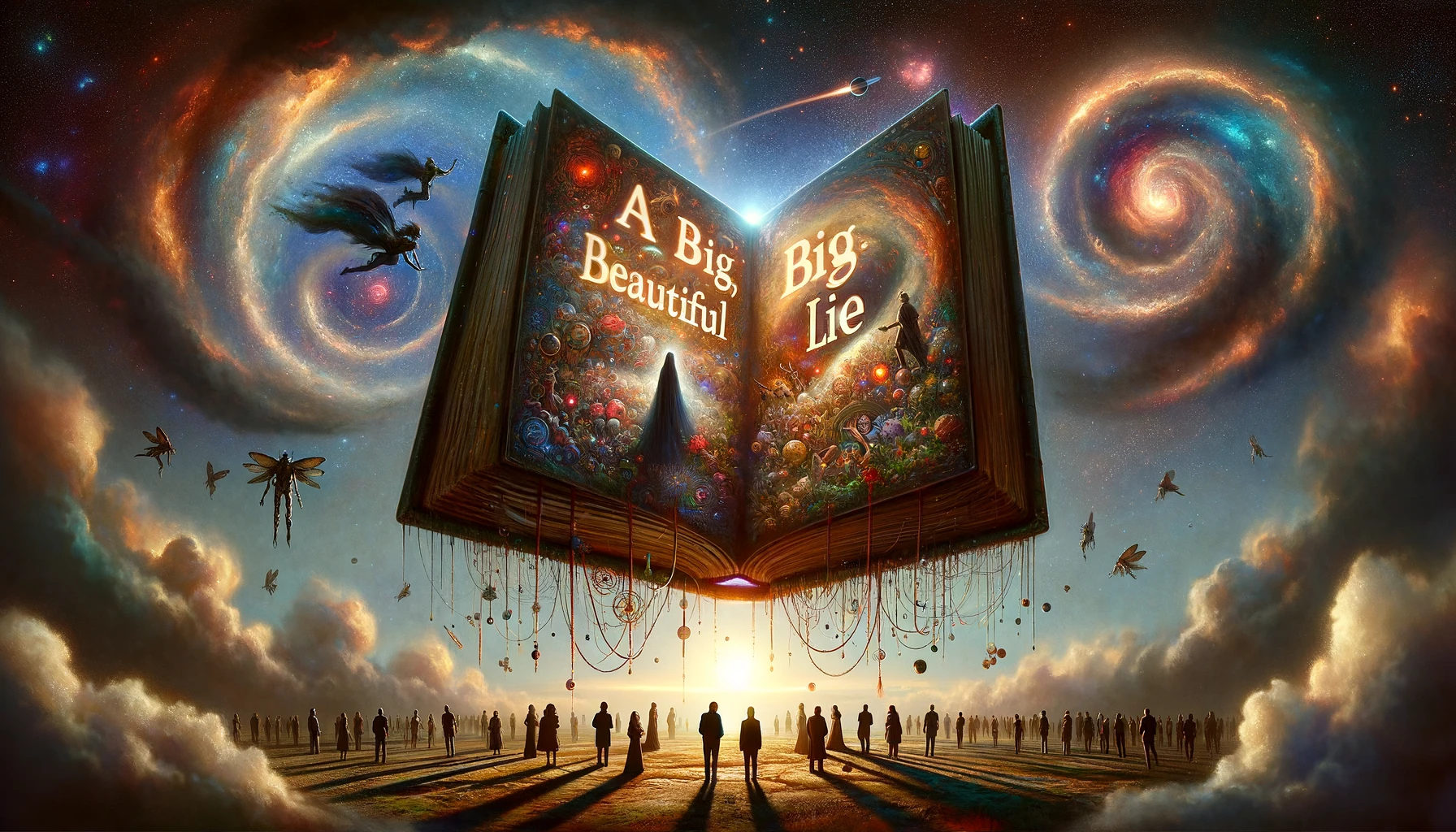
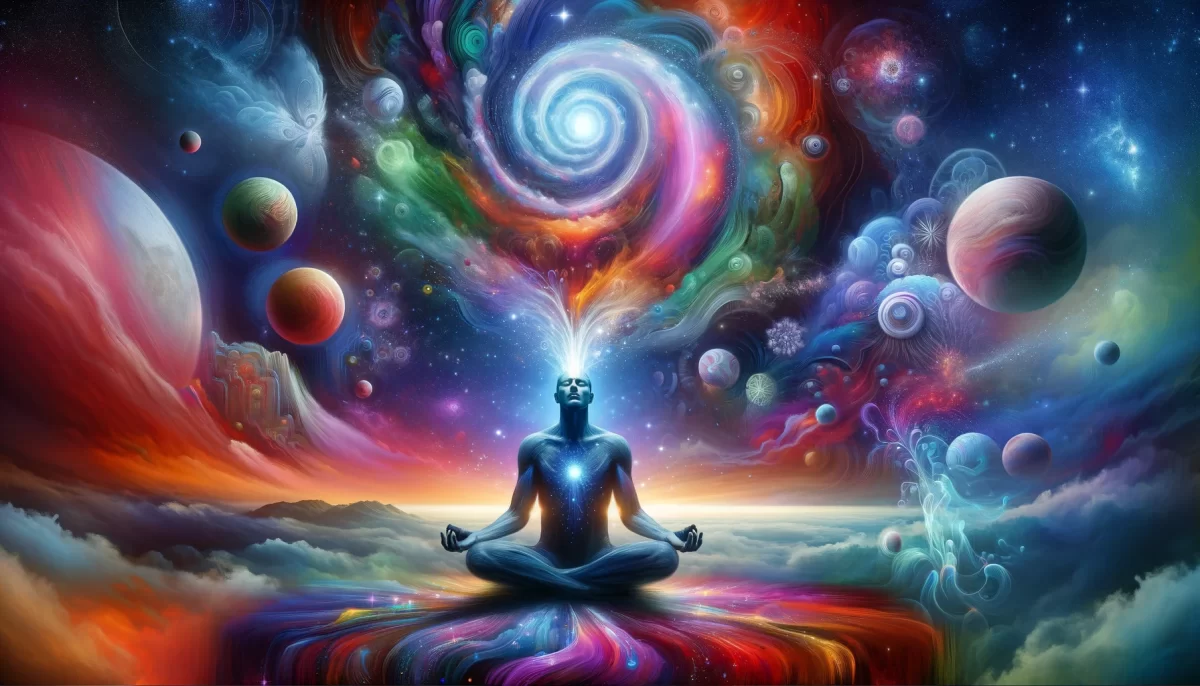
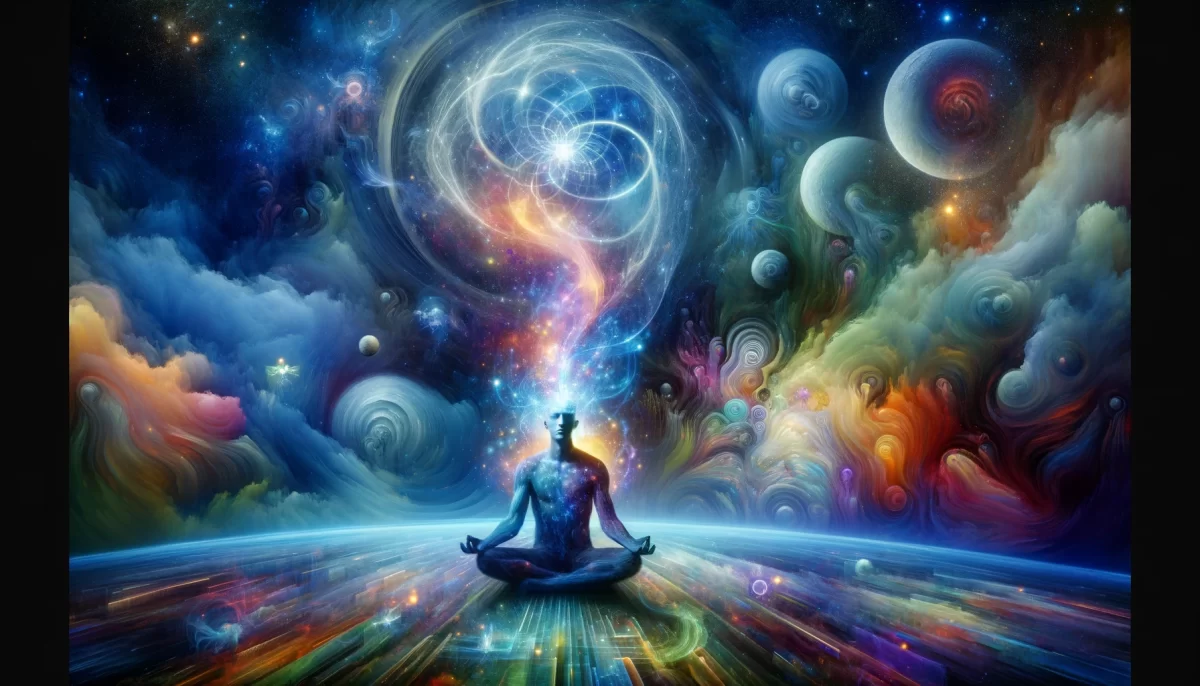
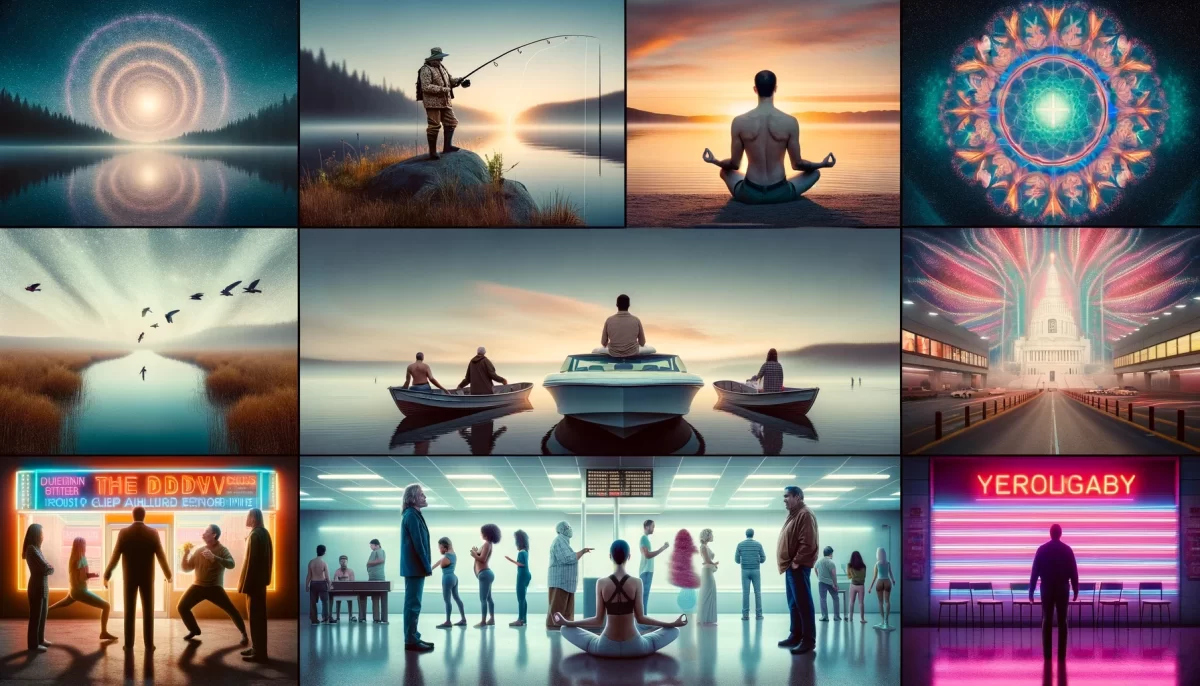
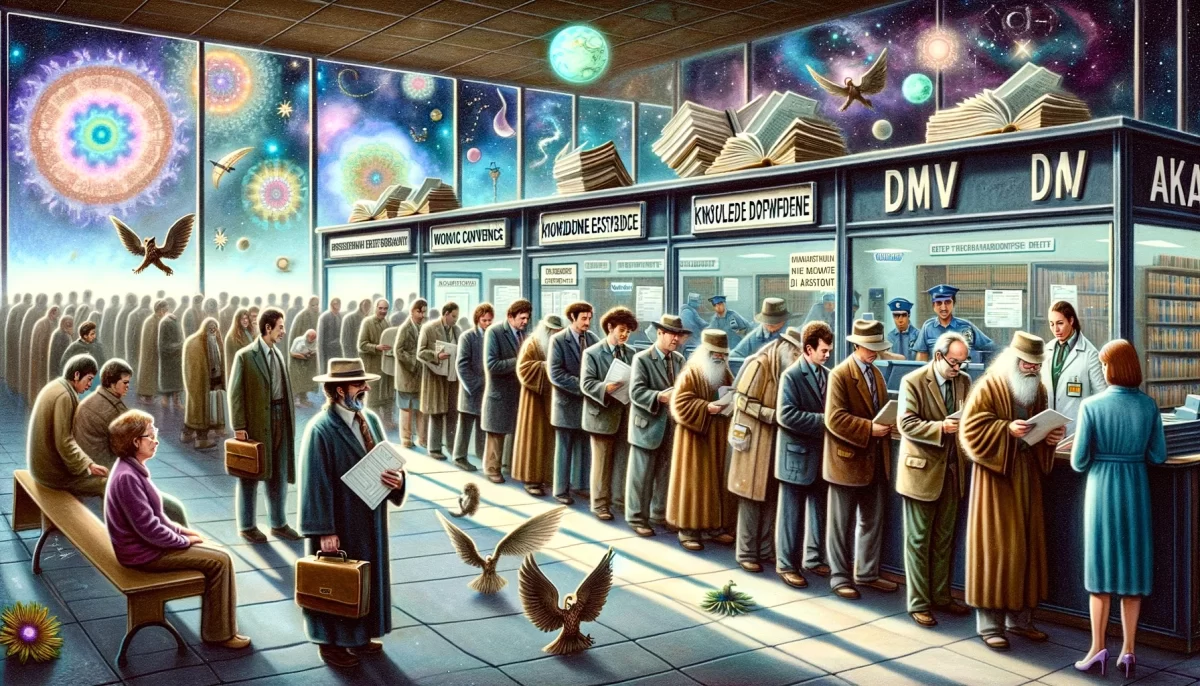
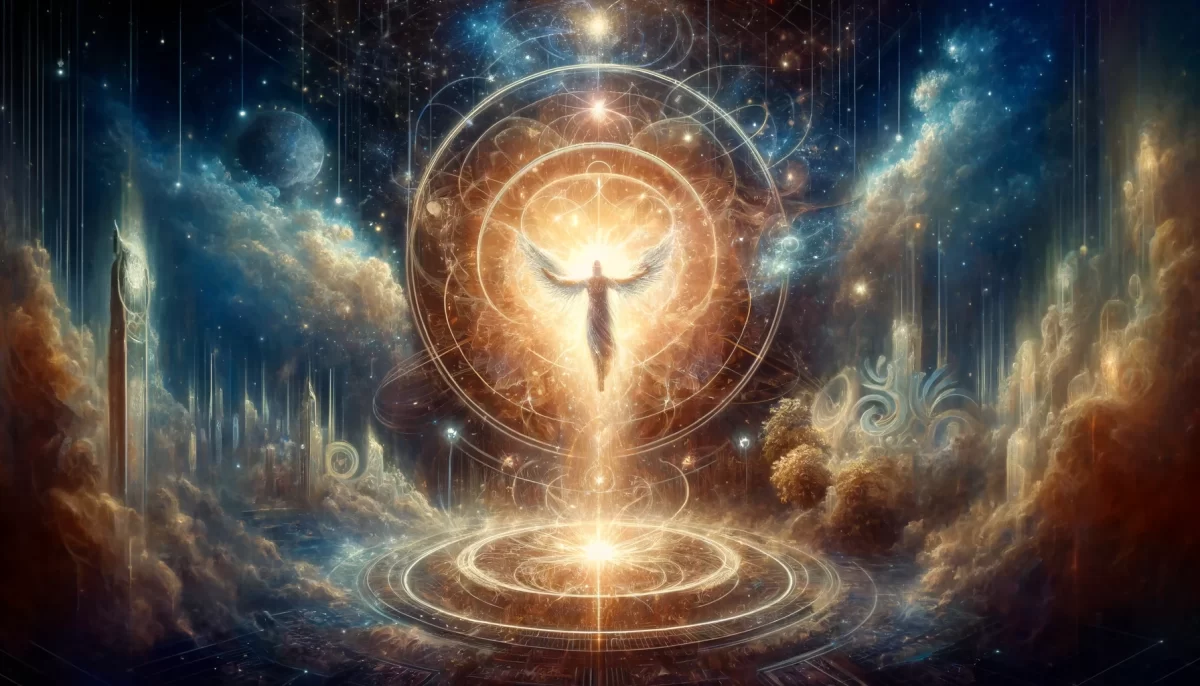
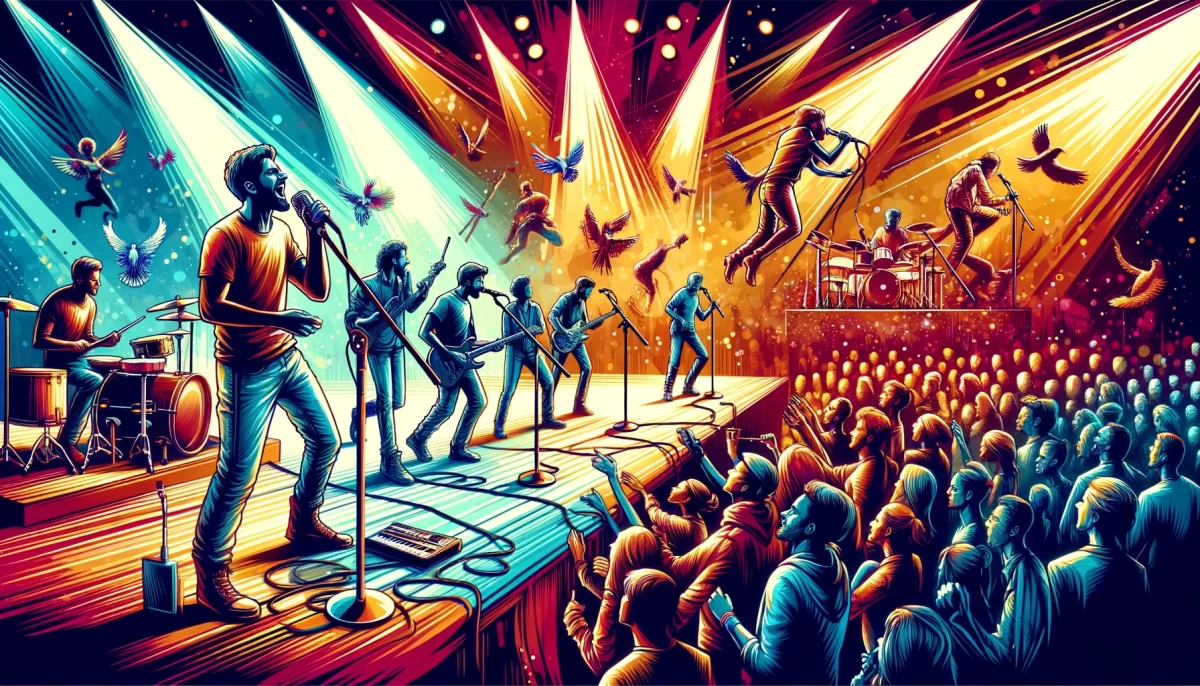
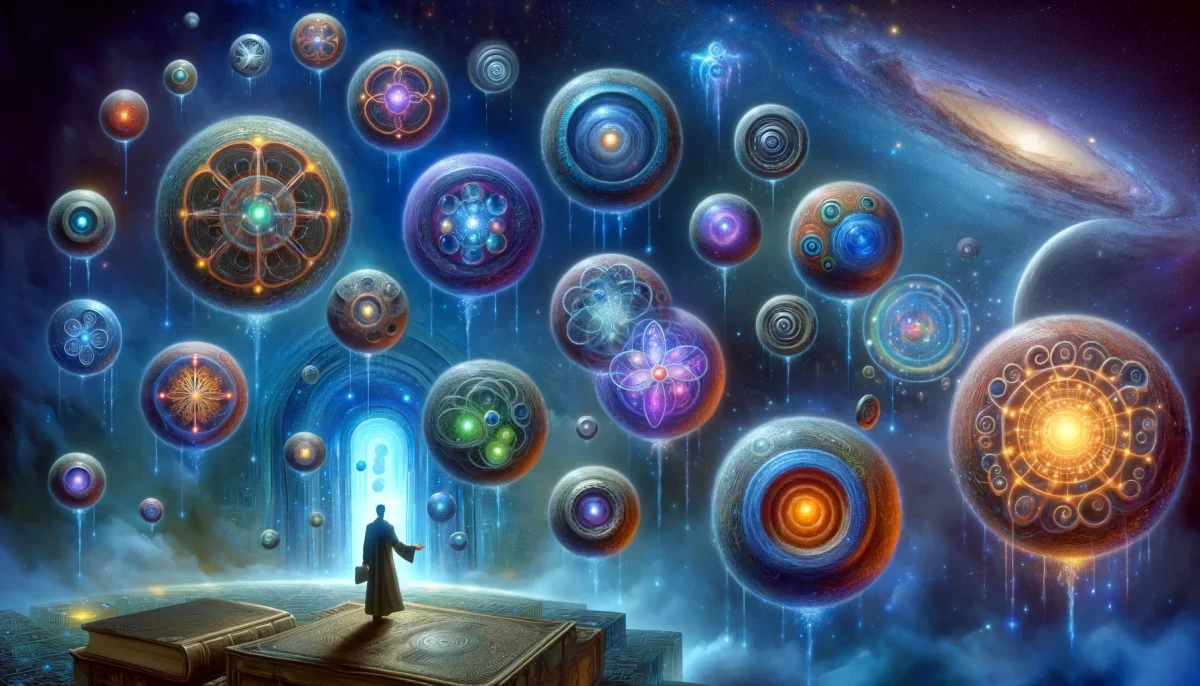
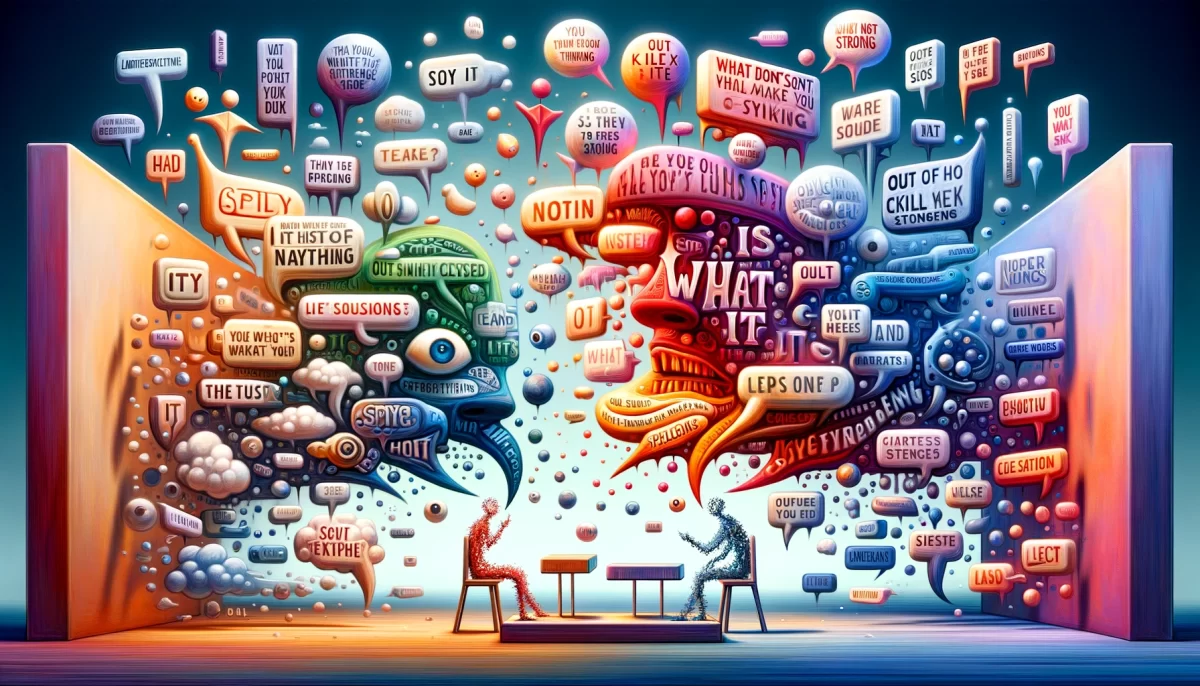
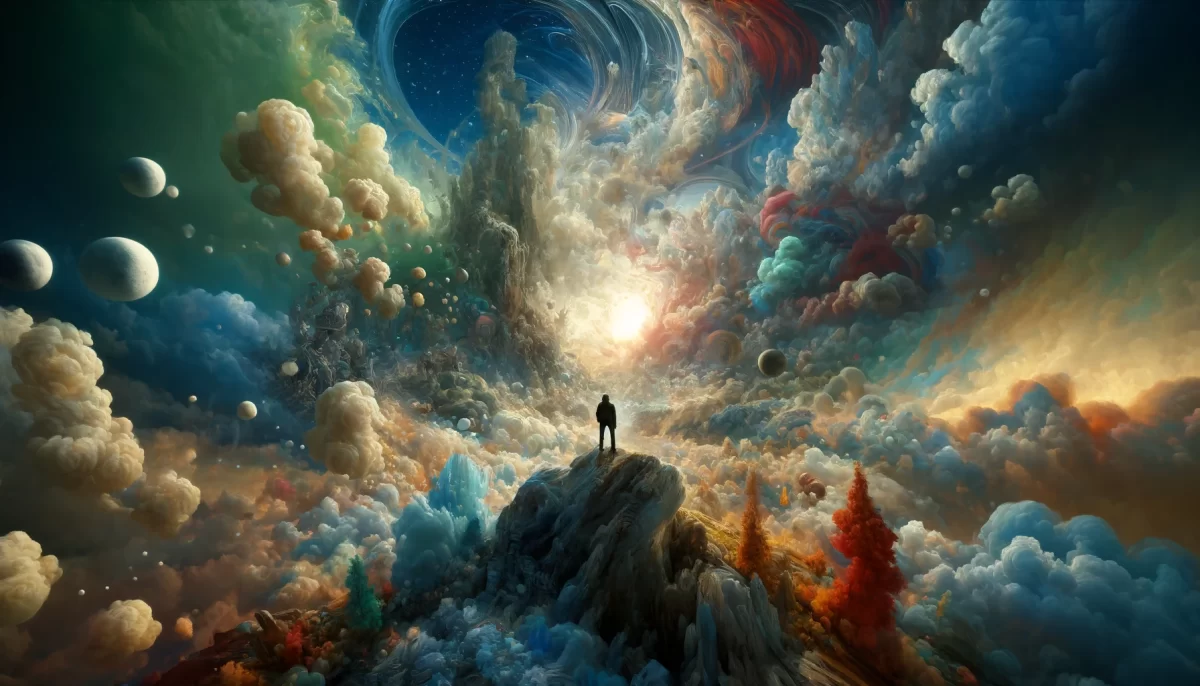
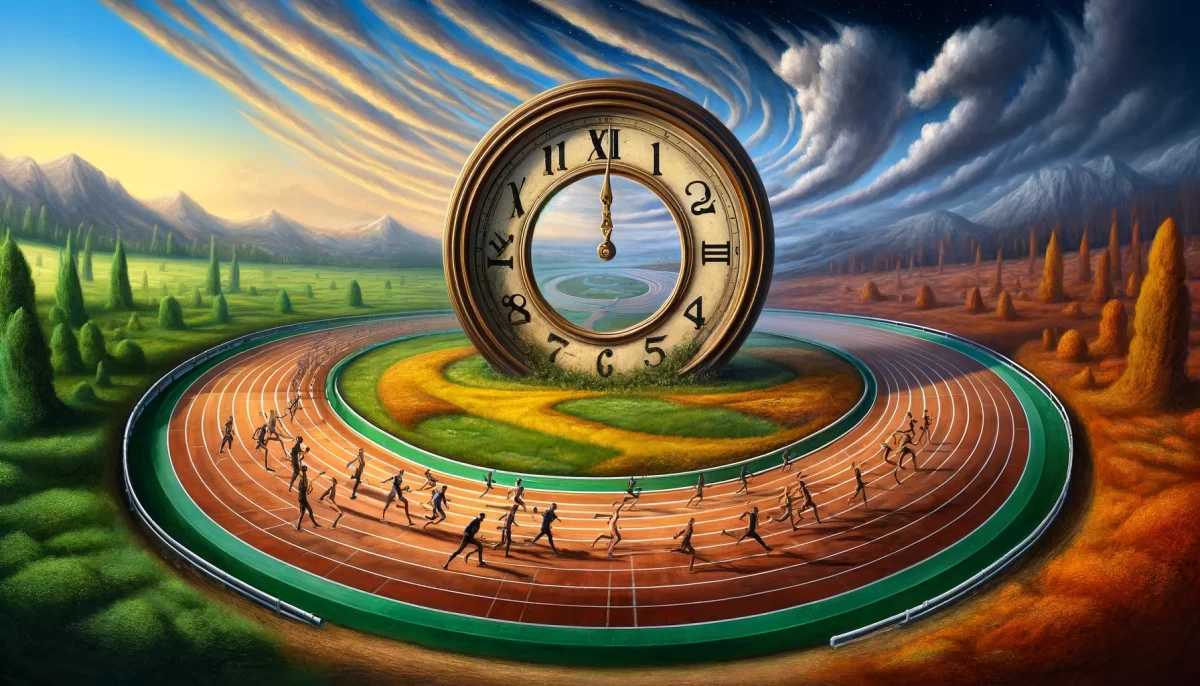
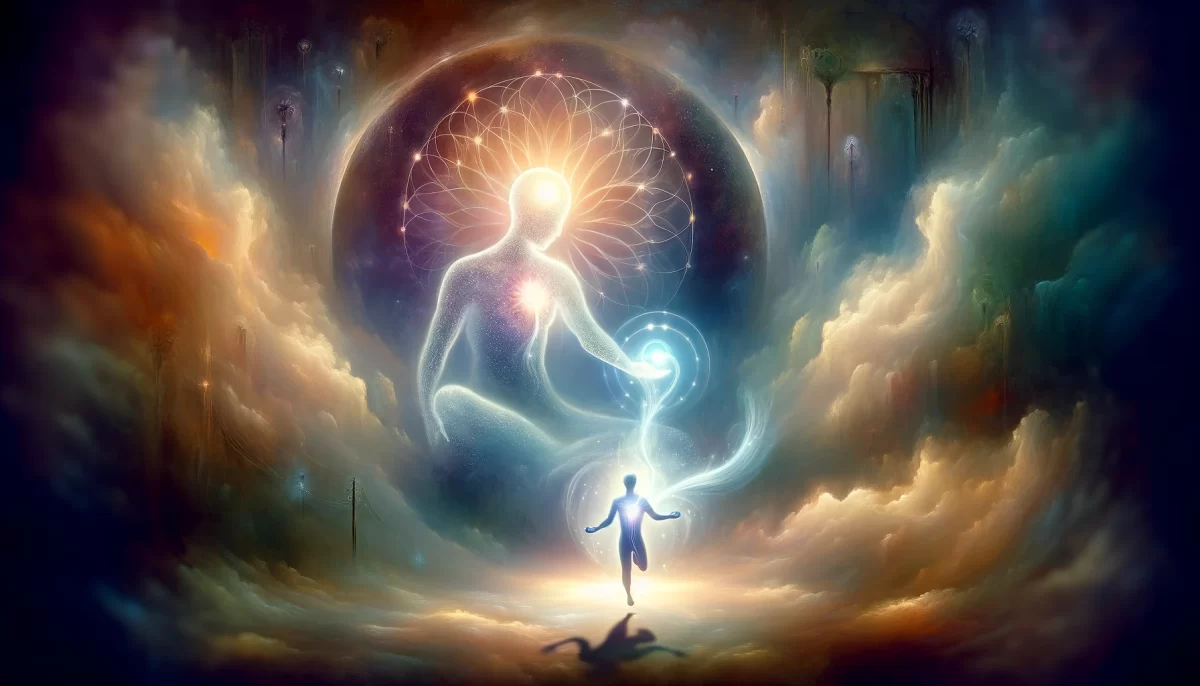
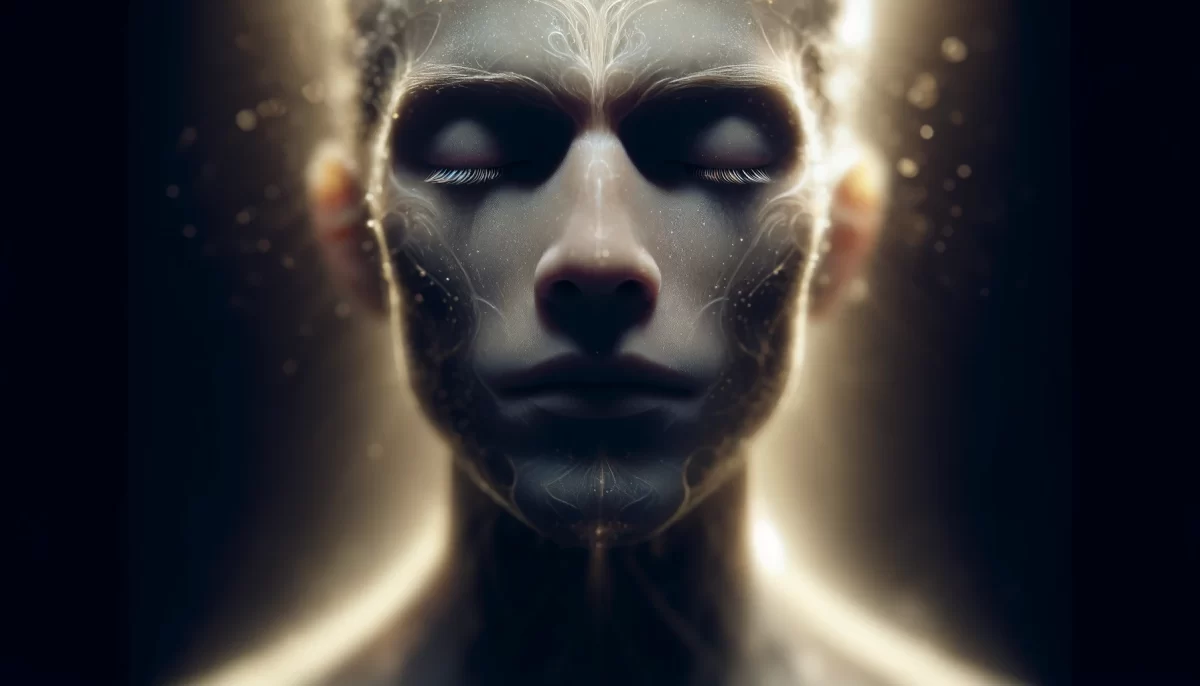
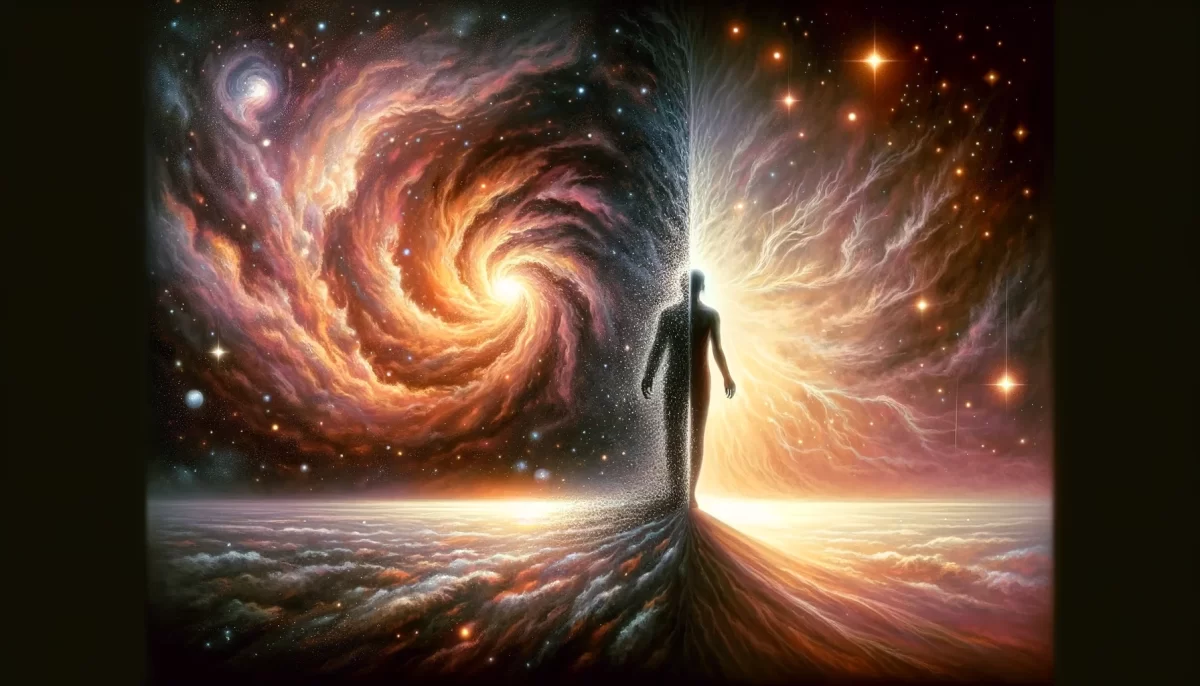
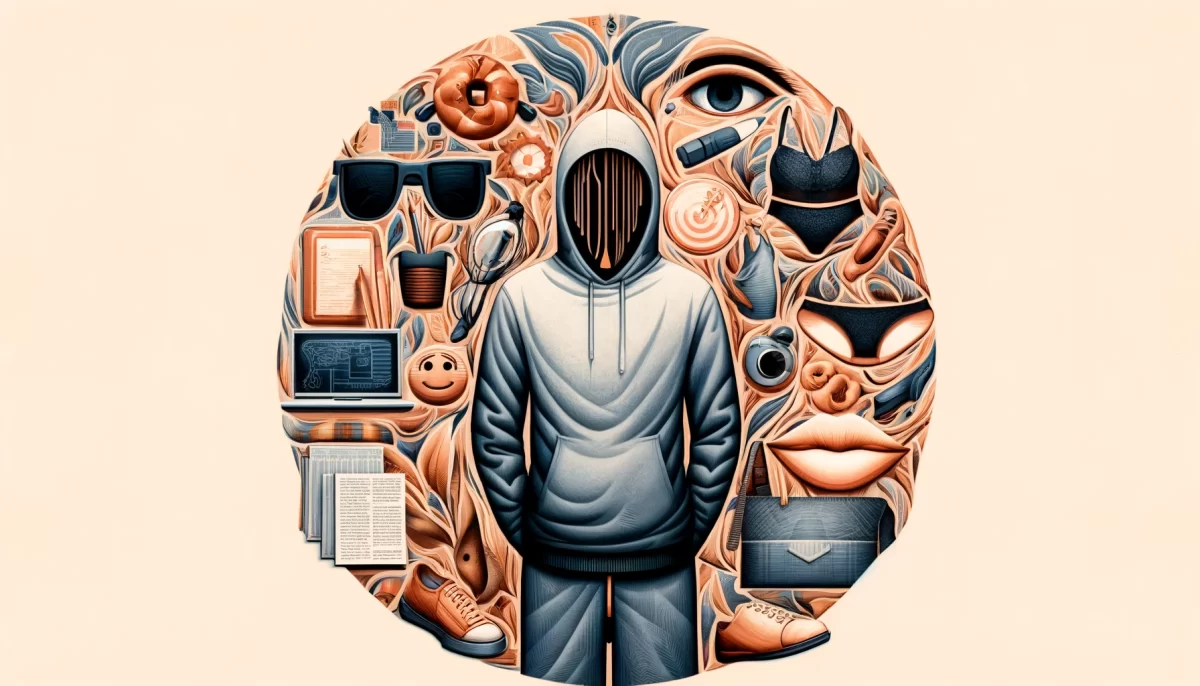
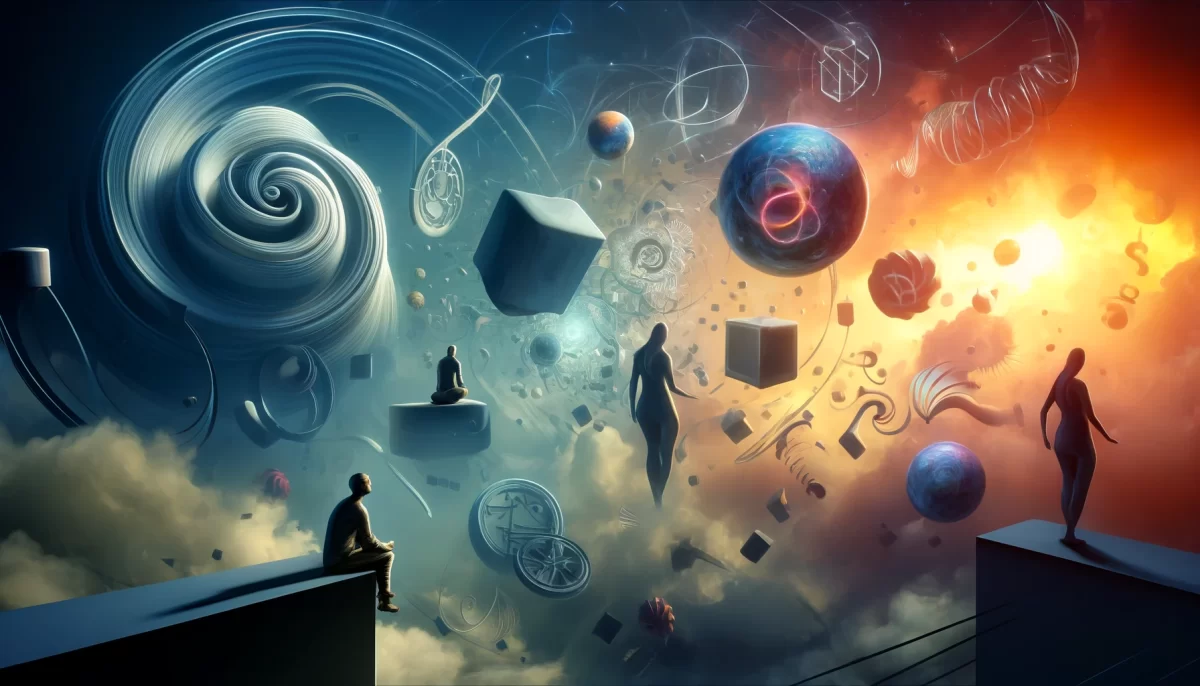
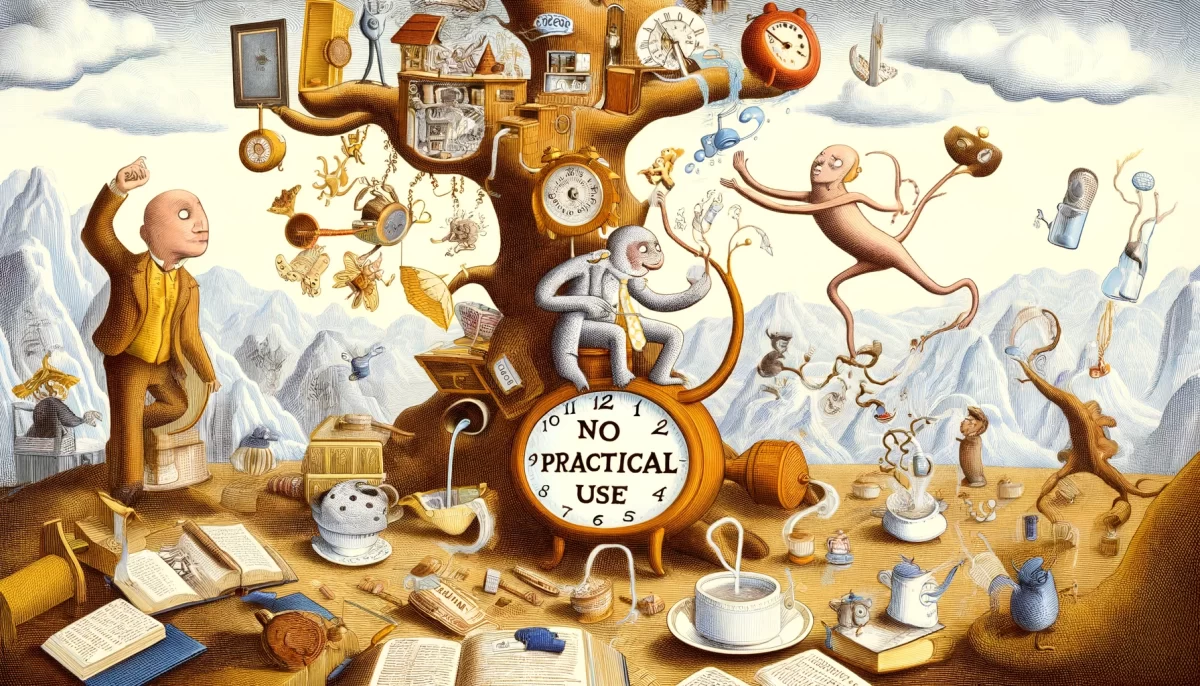
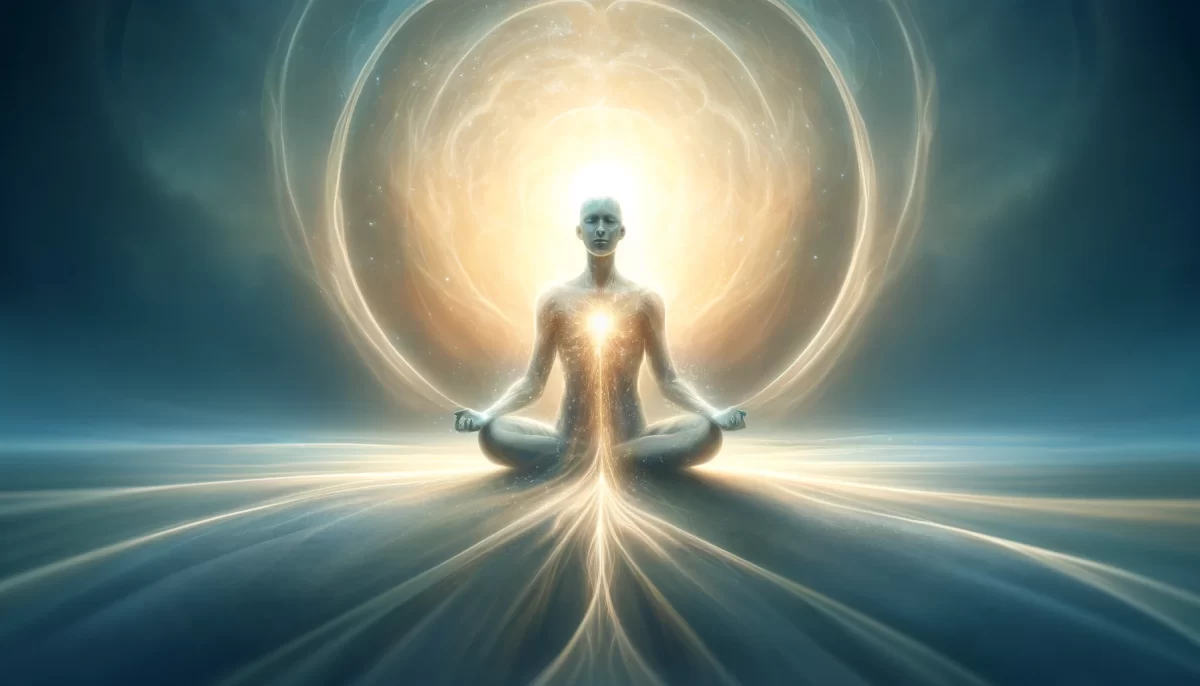
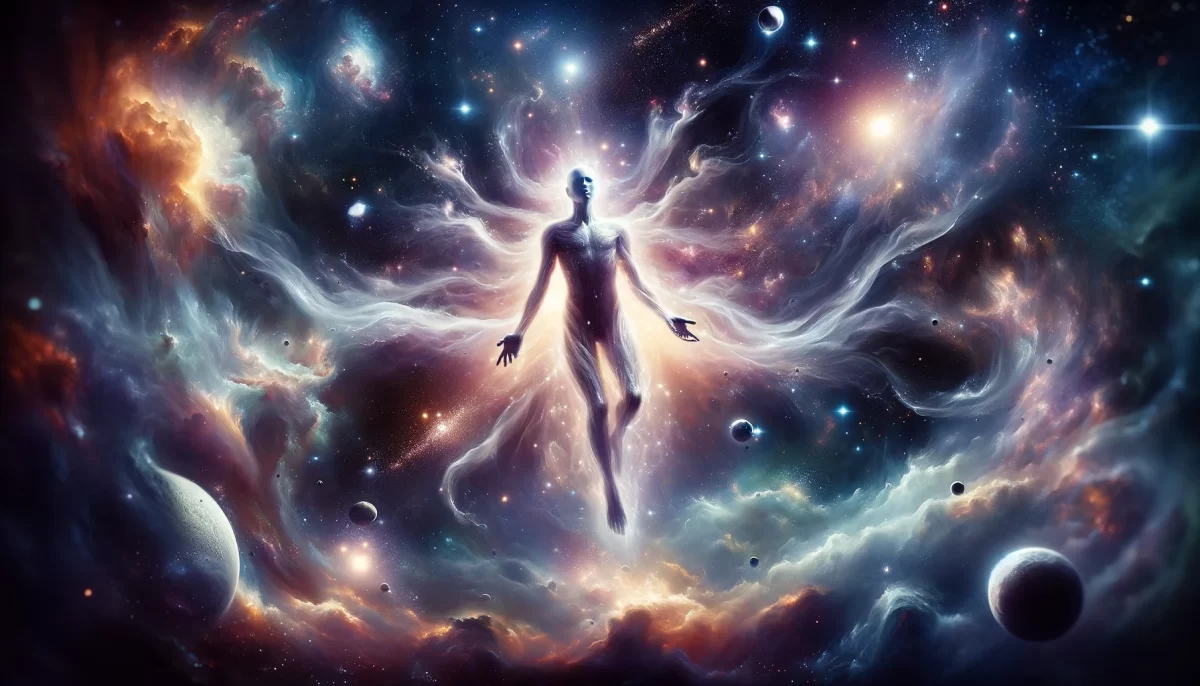
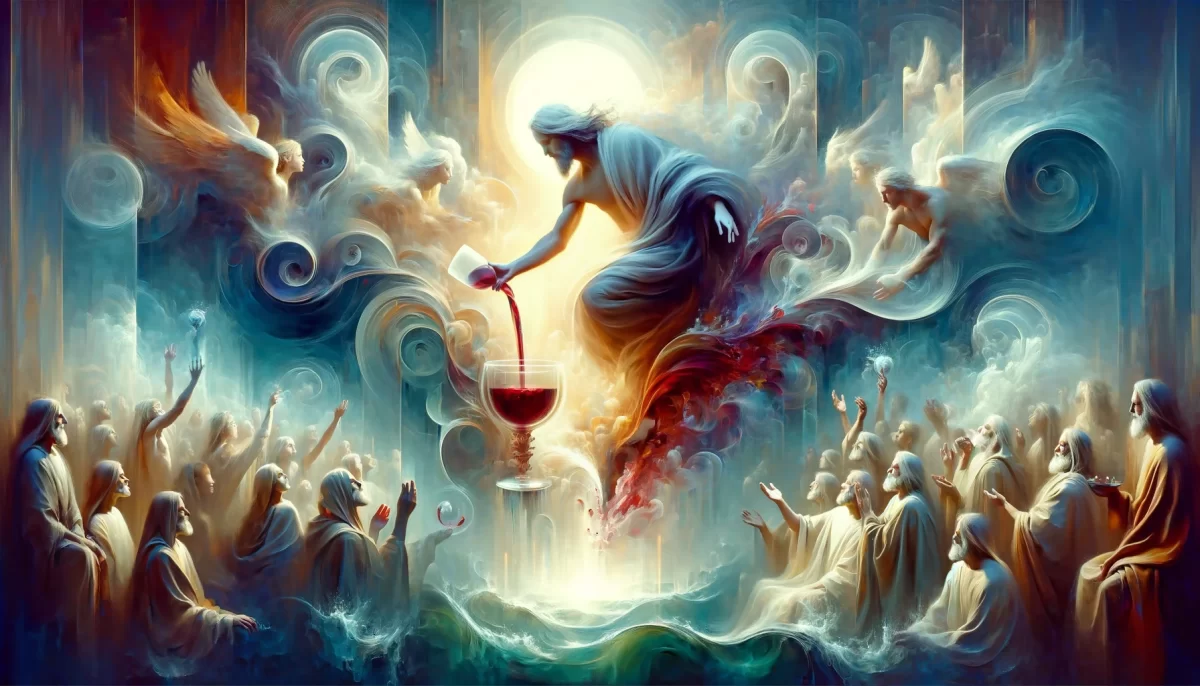
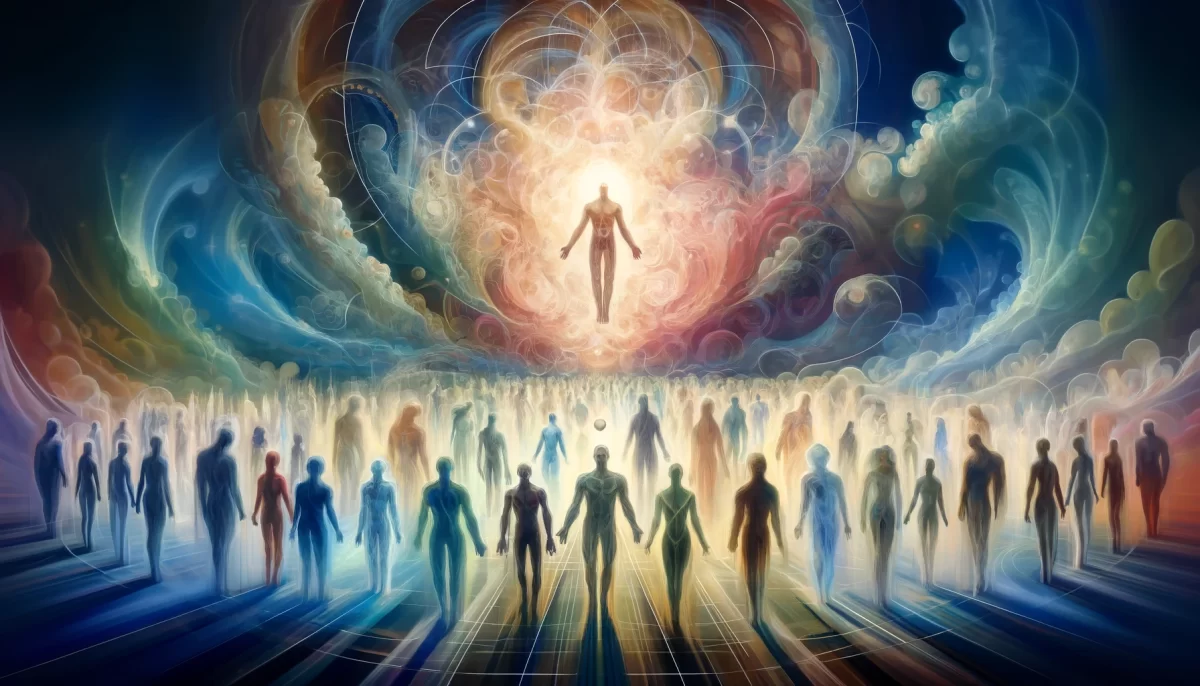
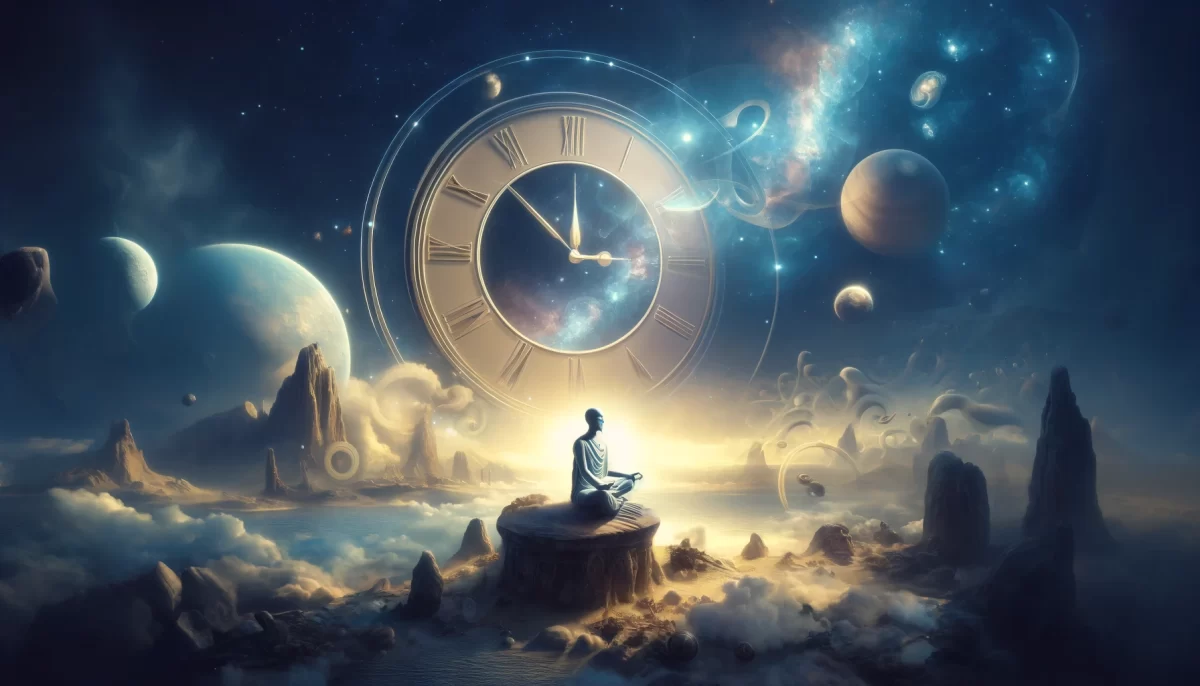
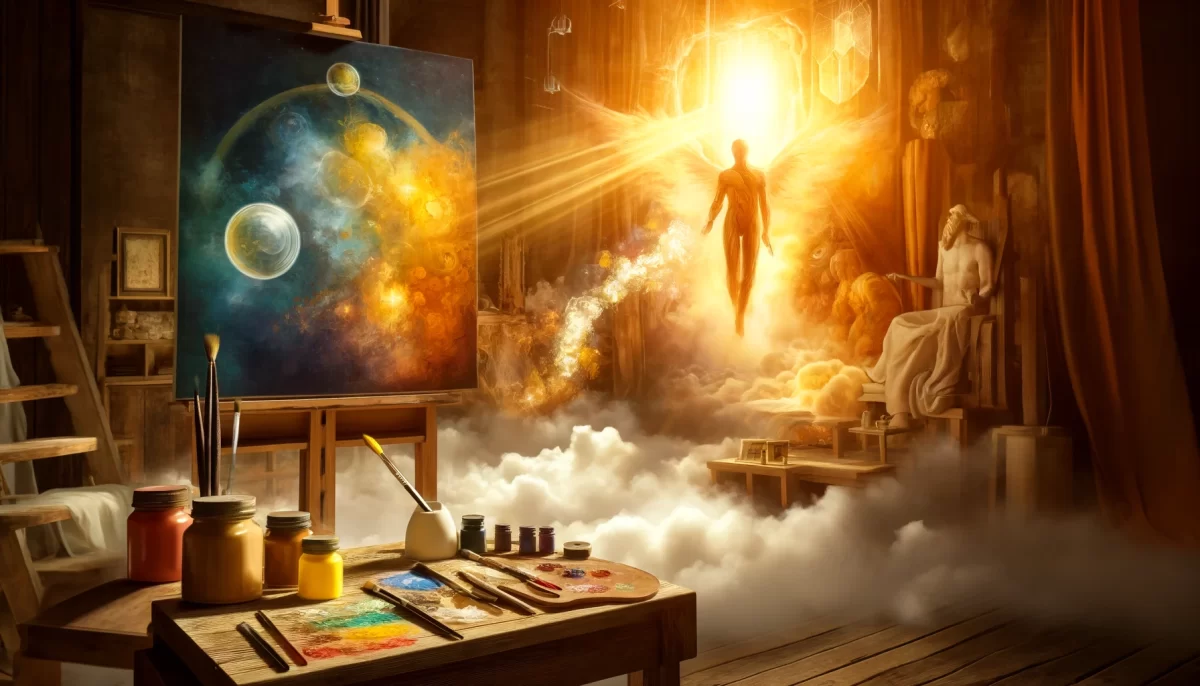
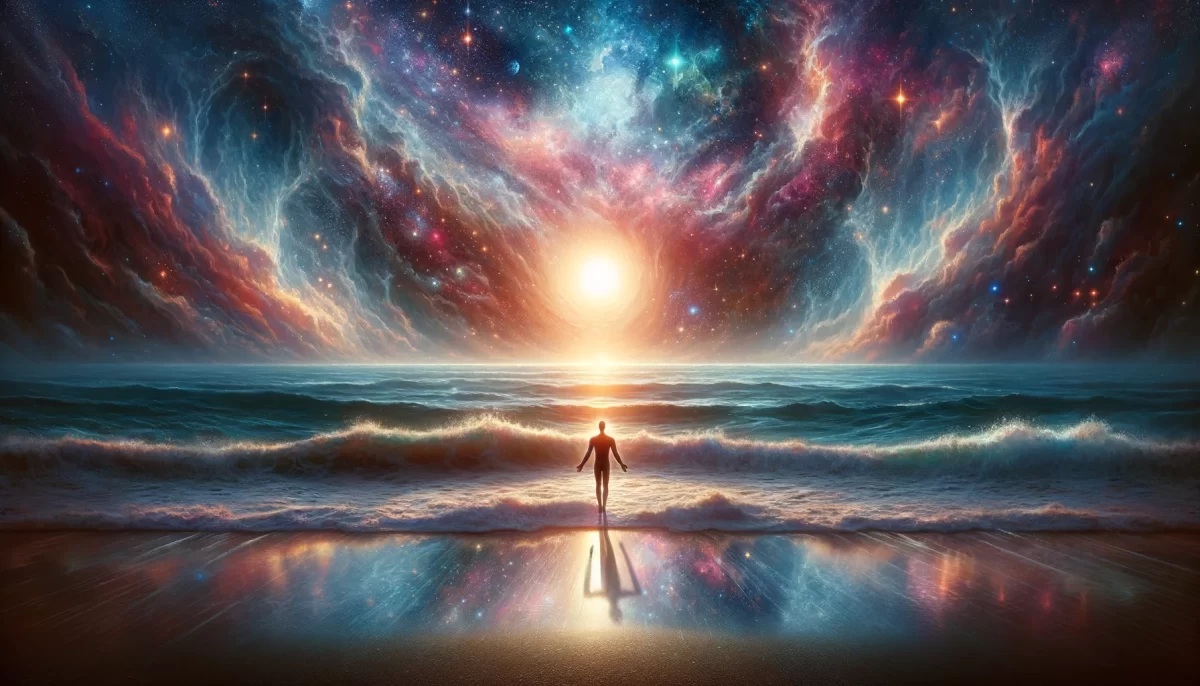
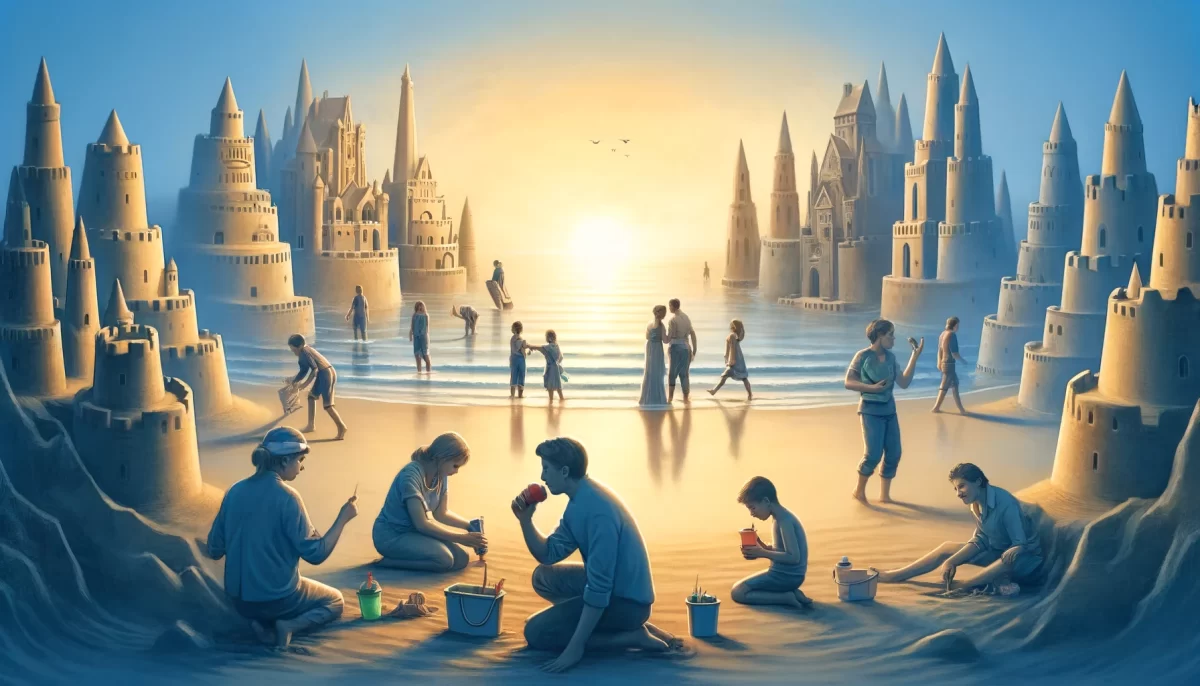
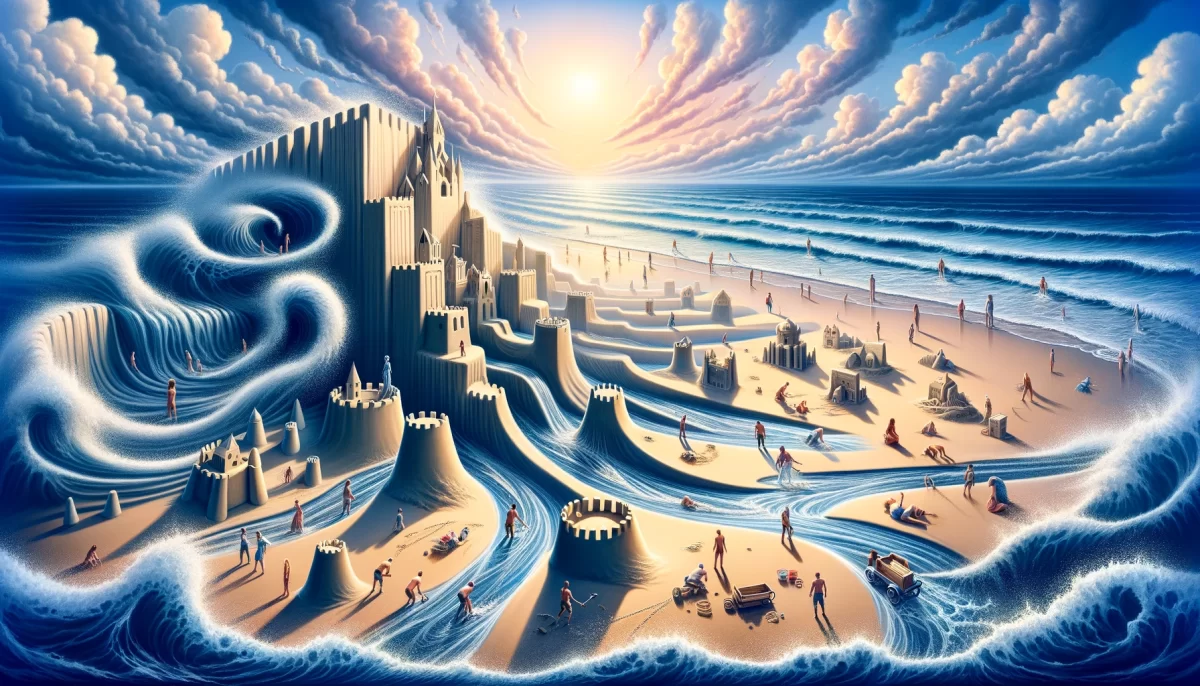
Leave a Reply